What to do when you find injured Wildlife
-PROTECT YOURSELF. Personal safety is first and foremost. Injured animals don’t know if you are going to help them or harm them. They may kick, scratch or bite. If you are in a vehicle, turn your hazard lights on. Try to warn oncoming vehicles to slow down.
-APPROACH WITH CAUTION. -Speak quietly and try not to frighten the animal. Remember that injured wildlife will be very scared and in pain. Keep all pets away.
-REMOVE FROM ROAD. When it is safe to do so, move the animal off the road. If it is dead move it well away from the road to avoid a second kill. Birds such as eagles and hawks like to feast on dead wildlife.
WILDLIFE FIRST AID If the animal is small enough wrap it in a towel or place it in a beanie or pillowcase before putting it in a well ventilated, secure cardboard box or container. (Pad the container with towels, a blanket or a jumper to make it nice and comfortable) An injured or orphaned animal will be in shock, so it is vital they be kept warm, dark and quiet. Take it to a vet or wildlife shelter immediately.
WHAT NOT TO DO
· Please do not handle the animal more than is necessary
· Please do not allow the kids to touch it or the pets to sniff at it
· Please do not attempt to feed or give fluids
· Please do not keep the animal overnight before ringing for help- Your First Aid will determine whether an animal lives or dies.
